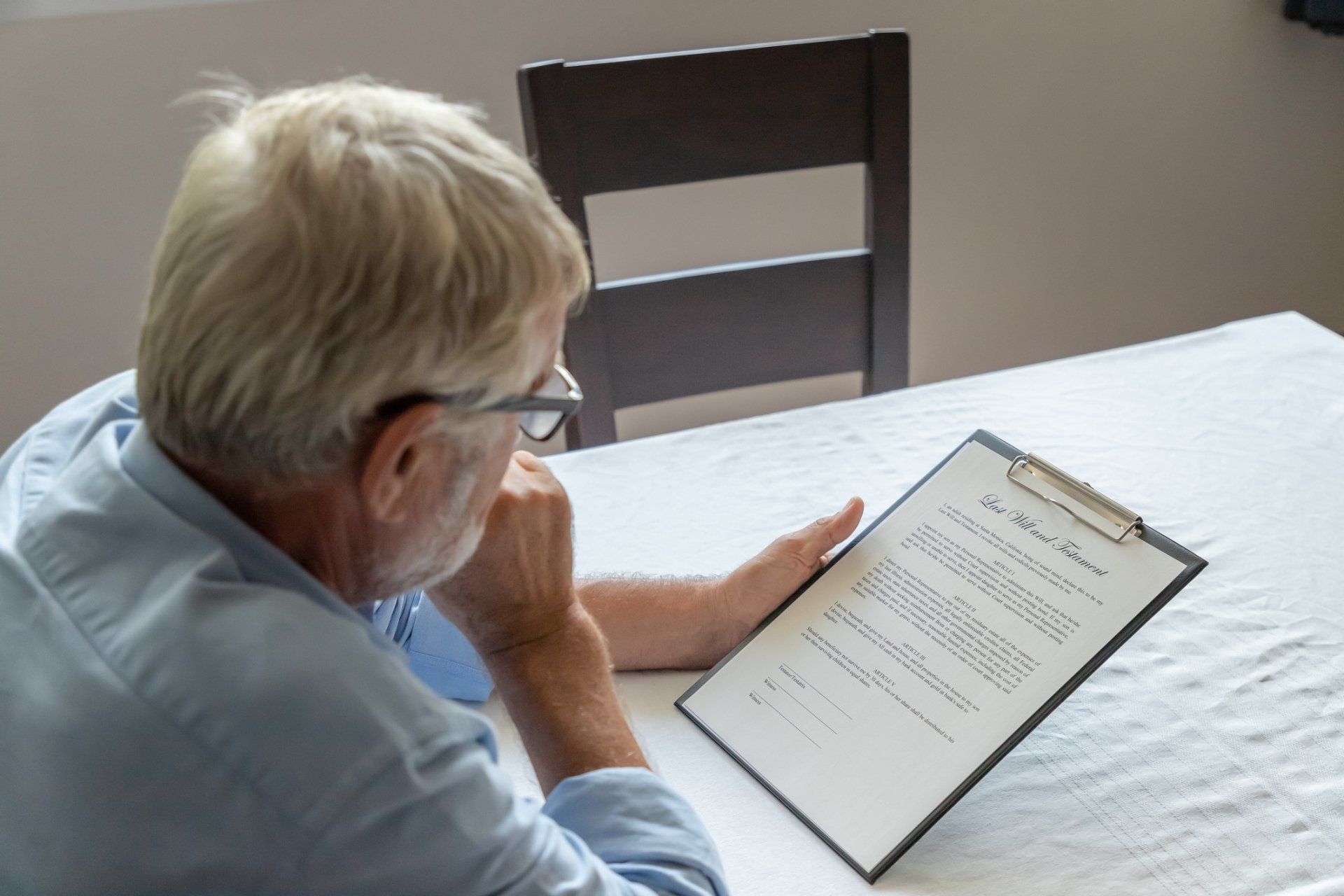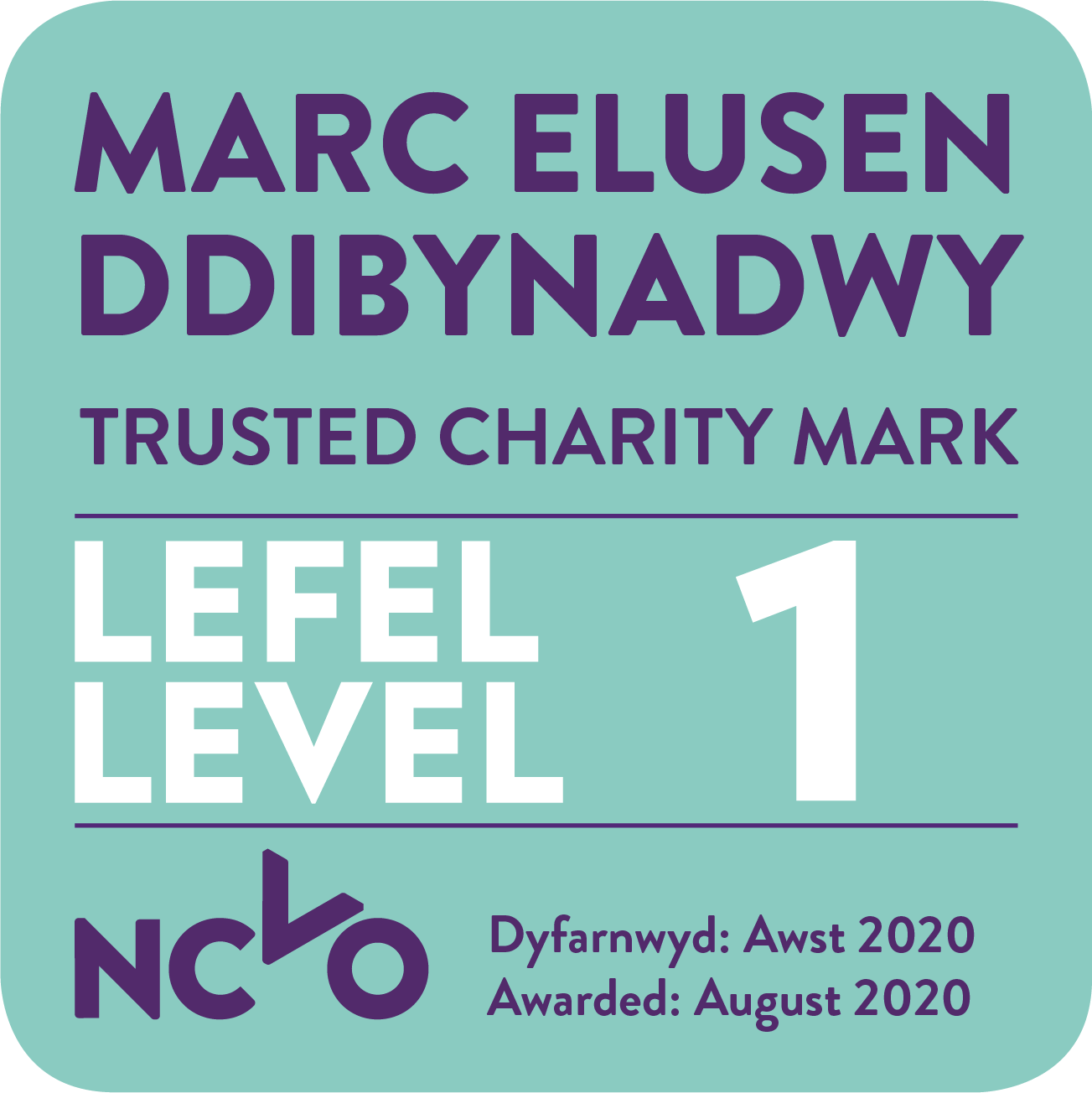
Trust Wills
Maximum protection for assets
FIND OUT MORE
Increased protection for loved ones
A trust is a legal structure which can be included as part of your Will and offer increased protection of your assets for loved ones. These types of Wills are called Trust Wills. We would recommend that you consider the benefits of setting up a trust as part of your Will particularly in the following circumstances:
- You wish to protect your estate against future care fees
- You have a partner but also children from a previous relationship
- You wish to leave some of your estate to a vulnerable or disabled person
How do they work?
Usually, when making a Will, you name people that you would like to receive your estate when you die, known as your beneficiaries. However, there may be circumstances where you would prefer that your estate doesn’t go directly to the beneficiaries when you die, but rather, that it is held on behalf of those beneficiaries in a particular way.
The people holding the assets on behalf of the beneficiaries are known as your trustees and are nominated in the Will.
Make an enquiry...
Estate Planning
We will get back to you as soon as possible.
Please try again later.
Types of Trust Wills
There are different types of Trust Wills, which gives you flexibility over your property and assets. A Discretionary Trust is used to leave your estate or part of it, to a trust created in your Will and is only active after you die. These are useful for providing funds for minor children or beneficiaries who aren’t able to manage their own finances, or to mitigate the risk of creditors accessing funds in a Trust.
A Property Trust Will protects property in your estate. This allows someone to benefit from the property held in the trust while preserving it for other beneficiaries. For example, if you would like your home to pass to your children but you want your surviving spouse to remain in the house until they die. This is useful if you have remarried but want your home to pass to children from a previous marriage.
A Life Interest Trust is similar to a Property Trust Will but protects other assets, as well as the property, and in this case, a beneficiary can receive income from the trust. It means a surviving spouse can still have access to income generated from the Trust for their needs, but on their death, the assets pass to other beneficiaries such as children.
Next Steps
Arranging a no-obligation chat with an Estate Planner is an ideal way to discover more about Will Trusts and how they can protect your assets. The Estate Planner will explain the process in detail and provide you with costs.
For a call back, just complete the form at the top of the page.
Contact Us
Age Connects Morgannwg
Cynon Linc
Seymour Street
Aberdare
Rhondda Cynon Taff
T : 01443 490650
E : information@acmorgannwg.org.uk
Copyright © 2021 Age Connects Morgannwg. Reg No. 1129973. Company. No. 6717361. ICO Z3002679 | Website Sorted Web Design





